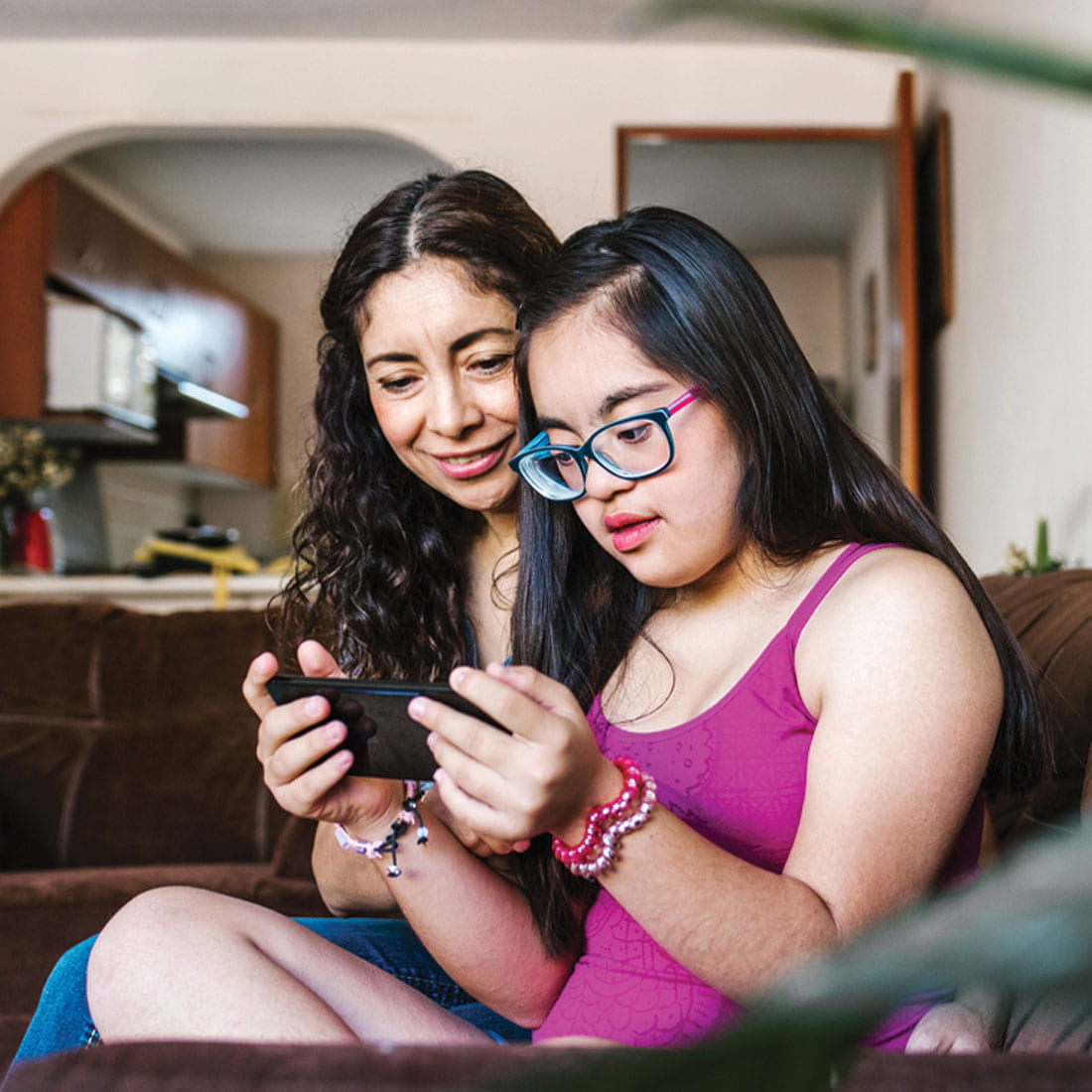UCEDD

Alabama’s University Center for Excellence in Developmental Disabilities
The UAB CEDD receives federal funding, authorized by the Developmental Disabilities Act, to carry out its mission through four Core Functions of the Alabama UCEDD:
- Interdisciplinary Training
- Community Service
- Research and Evaluation
- Information Dissemination
Our Work
The work of the UCEDD reflects the input of faculty and consumers in close collaboration with our Consumer Advisory Committee (CAC) and our many partners, including the Alabama Council for Developmental Disabilities (ACDD) and the Alabama Protection and Advocacy Program (ADAP). These collaborative efforts have assisted us in identifying the needs of individuals and families in Alabama with developmental disabilities; the prevalence of individuals with developmental disabilities, the dearth of properly trained professionals, the limited economic and health resources, and the traditionally underserved African American and the emerging Spanish-speaking communities. Our efforts also address the following ADD areas of emphasis: educational, health, employment, housing, transportation, and quality assurance. The Alabama UCEDD is part of a national network called the Association of University Centers on Disability (AUCD).

Our History

The Civitan-Sparks Clinics are an integral component of the Alabama UCEDD and are the home of the LEND training program. In 1966, the Sparks Center for Developmental and Learning Disorders was founded to support services for persons with intellectual disability and to train professional personnel in the field of intellectual disability. Specifically, the Center’s objectives were to establish a clinical facility which offered a full array of services to persons with intellectual disability, for the purposes of: (1) providing an interdisciplinary setting for various academic and clinical experiences; (2) offering highly technical training which “merges skills of several disciplines to train interdisciplinary specialists in intellectual disability not currently available;” and (3) to test, in a practical setting, the validity and efficiency of various techniques and patterns of diagnosis, care, treatment, education, and rehabilitation. There was a strong commitment to the social and behavioral sciences (including sociology and anthropology) and a clear appreciation for nursing, social work, dentistry, foods and nutrition, and education. Pediatrics, psychiatry, pediatric neurology, medical genetics, radiology, and virology were included from the medical school. Finally, the prevalence of intellectual disability in this region of the country was recognized in the first UCEDD application, along with a commitment to meet the needs of unserved and underserved poverty level and minority families.
The work of the UCEDD reflects the input of faculty and consumers in close collaboration with our Consumer Advisory Committee (CAC) and our many partners, including the Alabama Council for Developmental Disabilities (ACDD) and the Alabama Protection and Advocacy Program (ADAP). These collaborative efforts have assisted us in identifying the needs of individuals and families in Alabama with developmental disabilities; the prevalence of individuals with developmental disabilities, the dearth of properly trained professionals, the limited economic and health resources, and the traditionally underserved African American and the emerging Spanish-speaking communities. Our efforts also address the following ADD areas of emphasis: educational, health, employment, housing, transportation, and quality assurance. The Alabama UCEDD is part of a national network called the Association of University Centers on Disability (AUCD).

